In order to improve search rankings, draw targeted traffic and generate more business, you need to work with a travel SEO company that understands how to make the most of online search.
Marketing to Travelers — and Search Engines
Think of SEO as marketing for the modern world. Understanding that the bulk of travelers today will use search engines to gather information on tours, trips and transportation options, SEO helps you optimize your website in such a way that you’re rewarded by search engines and helpful to travelers. SEO targets the pool of clients who are interested in what you offer, by attracting them to your website and highlighting your services.




